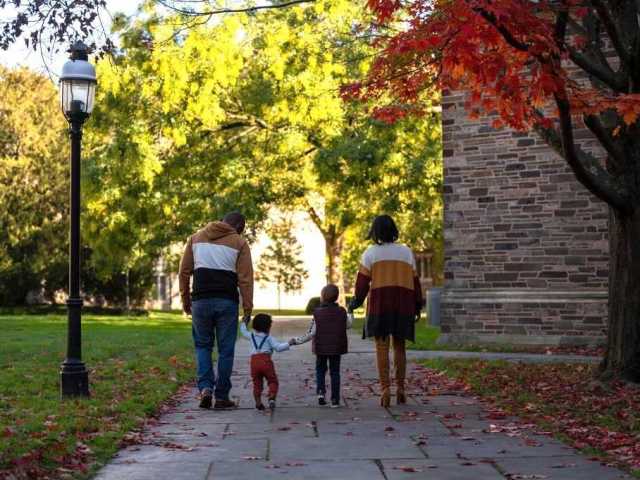
When I realized I was going to be a #boymom, I mentally prepared myself for a lot of things from being completely surrounded by testosterone to having to wipe the toilet down multiple times a day. What I wasn’t prepared for was the influx of outdated and insulting stereotypical phrases directed towards young boys.
From the moment onlookers experienced my five-year-old’s heartwarming hugs or my 2-year-old’s swoon-worthy dimples, I’d be bombarded with “compliments” ranging from “He’s gonna break some hearts” to “That’s an aspiring lady killer” and “He’ll definitely be a ladies man.” And then, we have “Boys don’t cry.” “Boys will be boys.” “Boys are much rougher than girls.” Every time those remarks hit my ear, I’d instantly cringe. I understood there was no malice behind these phrases. They were people making conversation, trying to connect. But what I heard were stereotypes being perpetuated onto my young sons. And these stereotypes had the capacity to do very real damage to their sense of self, their relationships, and even their safety. Let me explain.
I believe children hear and absorb more than we realize. But young children don’t necessarily have the capacity to decipher these supposed “well-meaning” phrases. If they hear them enough and start internalizing them, there’s a chance they become a reflection of those stereotypes. They become boys who grow up to lack respect for another person’s body and personal space, demean another’s display of emotions and not feel the need to be held responsible for it because “boys will be boys.” That is not what I want for my kids.
And it’s even more essential for me to shut down these stereotypes because I’m the mom to two Black boys. When I hear them, I feel like these phrases have the potential to erase the small dose of innocence little Black boys are allowed in a world destined to vilify them. Being wild and rough, or being a “heartbreaker” in relationships are generalizations society routinely associates with Black men. However, the difference is that when Black boys absorb those generalizations, there is little grace that may be extended to white children. According to a 2014 study conducted by the American Psychological Association, Black boys are viewed as older and less innocent in comparison to white boys from the age of 10—which leads to harsher disciplinary actions.
Words have power. I want my children to be well-adjusted, functioning members of society. That’s why I do everything in my power to not only shower them with positive affirmations, but I correct any adult who dares repeat those narrow minded ideologies about or around my children in the hopes they will one day learn the error in their words.
Until then, I’ll continue to do what I can to surround my boys with positive images of masculinity and defy gender stereotypes in the hopes that they will learn that “boys will not be boys.” Instead, boys can aspire to be “good people.”
—Written by Terri Huggins Hart
Terri Huggins Hart is a nationally-published journalist, freelance writer, and public speaker. Find her on Instagram @terrificwords.











